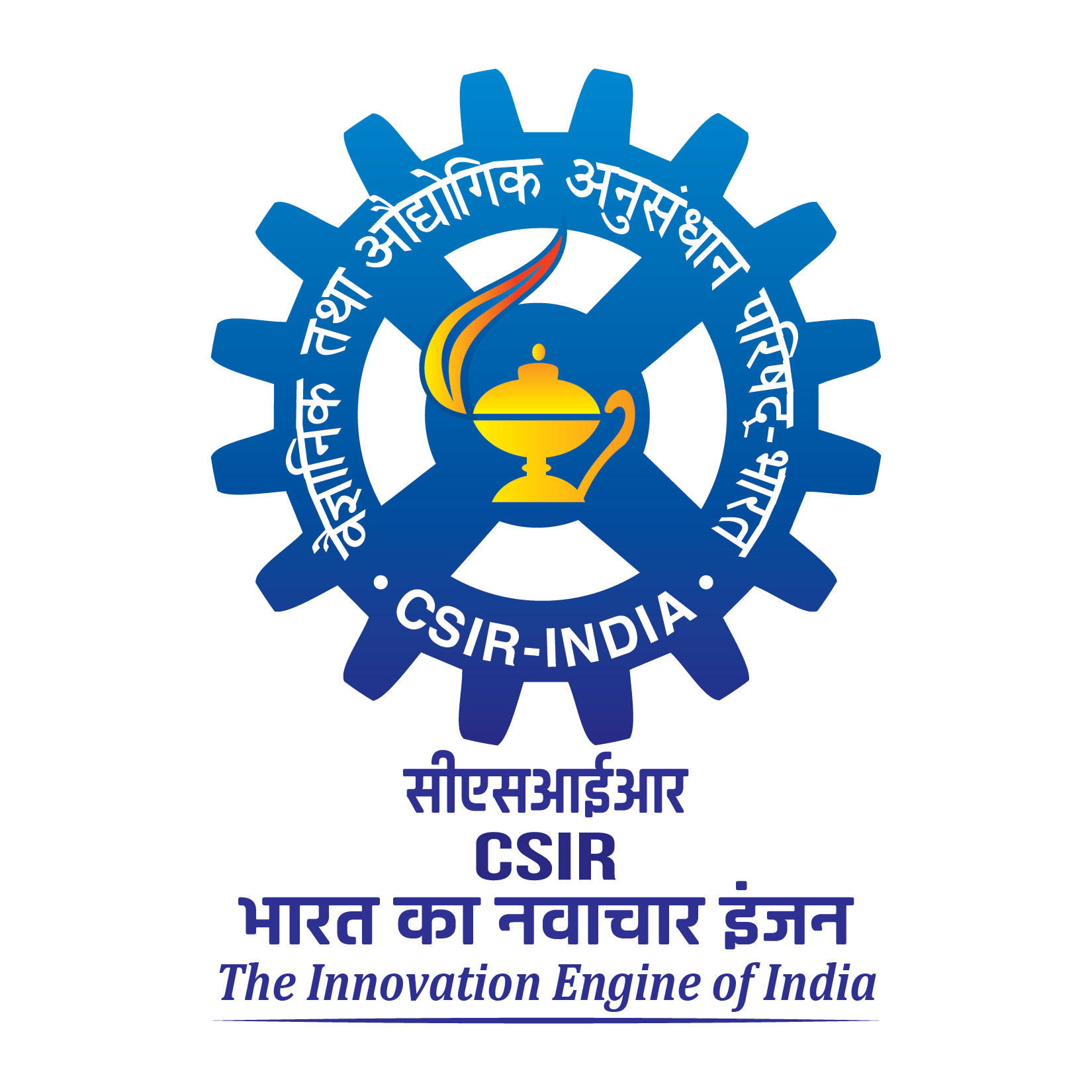by G.K. Patra, Kantha Rao Bhimala, Ashapurna Marndi, Saikat Chowdhury, Jarjish Rahaman, Sutanu Nandi, Ram Rup Sarkar, K.C. Gouda, K.V. Ramesh, Rajesh P. Barnwal, Siddhartha Raj, Anil Saini
Abstract
Deep learning (DL) is a very powerful computational tool for various applications in scientific and industrial research which can be real-time implemented for societal benefits. Several factors impact the development of optimized DL models for better prediction including the amount of quality sample data, domain-specific knowledge, and the architecture of the model for extraction of the useful features/patterns from the data. The present chapter demonstrates the state-of-the-art DL methodologies used by the researchers from different laboratories under the Council of Scientific and Industrial Research (CSIR), India to solve important research activities across several sectors like Medical, Healthcare, Agriculture, Energy, etc. The Convolutional Neural Network (CNN) techniques are utilized for Tumor diagnosis, classifying molecular subtypes of glioma tissues, and predicting driver gene mutations in glioma. Similarly, the Long short-term memory (LSTM) model is applied for the assessment of crop production, and transfer learning is used for the classification of tea leaves. Further, the ensemble LSTM methodology is implemented for short-term prediction of wind speed to enhance the renewable energy sectors. Finally, the multivariate LSTM models were developed by integrating the weather parameters for the prediction of covid-19 spread over different states in India which is an input for policy planning and supply chain management during the pandemic time. All the use cases are being validated and the results are quite satisfying and provide confidence for the real-time application of DL for scientific and industrial research and societal benefit to the common people.
Source: https://doi.org/10.1016/bs.host.2022.12.002

